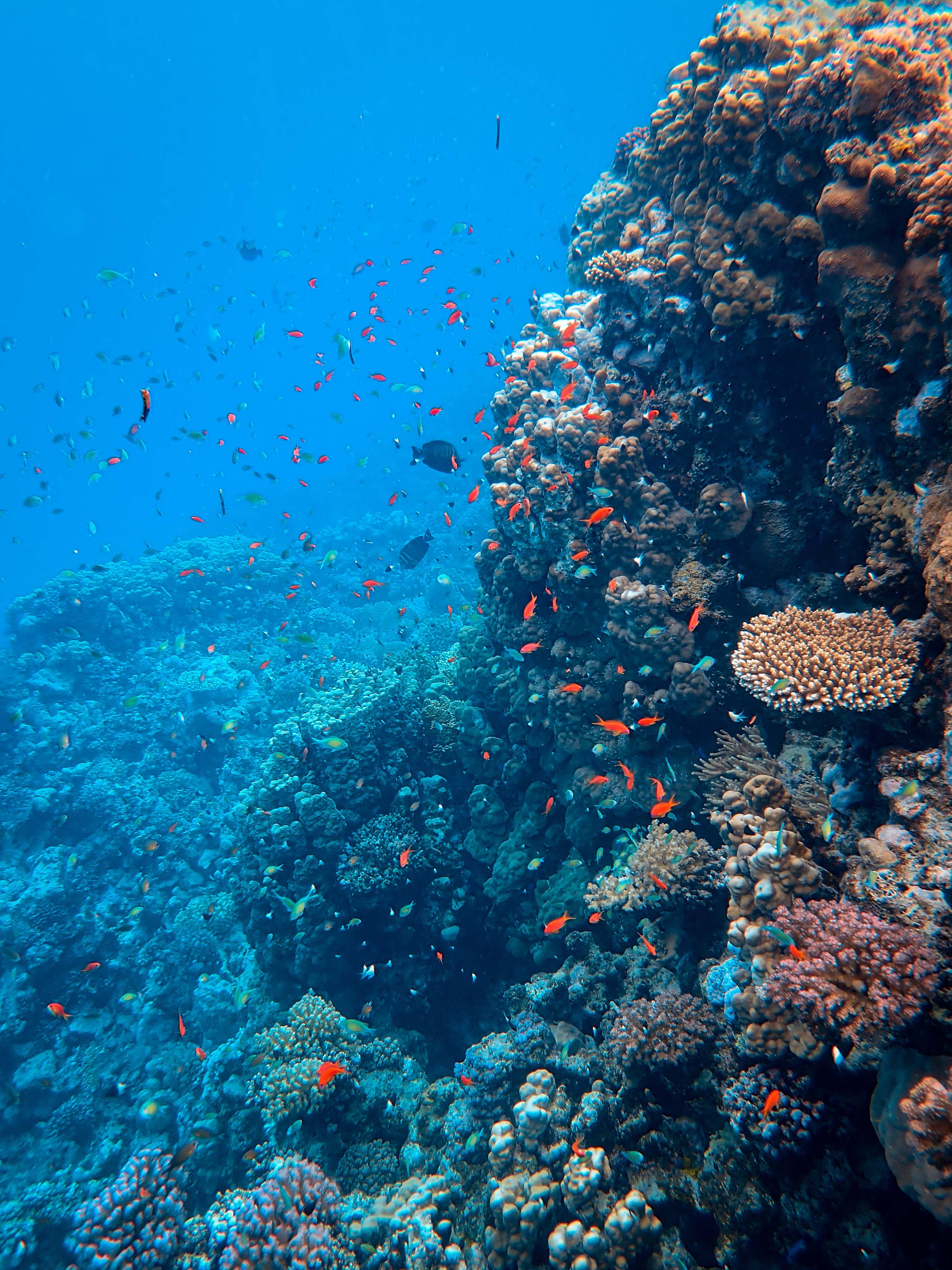Coral reef bacteria are being killed off by human activity
Microbes could provide important clues about the health of coral reefs
Photo by Marek Okon on Unsplash
Across the globe, coral reefs are in trouble. One of the biggest challenges we face today is figuring out how to save them. Like any good doctor, we need an efficient and reliable way to determine how sick or healthy different coral reefs are. A team of researchers from the USA, Mexico and Cuba wonder if reef microbial ecology might be the answer.

Photo by Francesco Ungaro on Unsplash
To understand how the microbial community differs between different types of reefs, the team sampled water from different coral reefs on the coasts of Florida and Cuba. Jardines de la Reina in Cuba, a reef that has been largely protected from human activity, had the richest microbial community. This area was especially rich in bacteria that can perform photosynthesis and cycle nitrogen, thus increasing productivity in the region.
In contrast, the site that had been most impacted by human activity, the Florida Keys, had a smaller and more variable microbial community. Disturbances like overfishing, coastal development and nutrient run-off in the Keys seem to have produced a small but competitive group of microbial residents. Studies like these can help us understand how human activity can disturb the microbial communities of coral reefs.
Previously used metrics like coral coverage and algal coverage did not vary significantly between these reef systems, indicating that these might not be the best metrics to measure coral reef health. Perhaps it's time to let the microbes speak and tell us the true story of coral reef health.





















